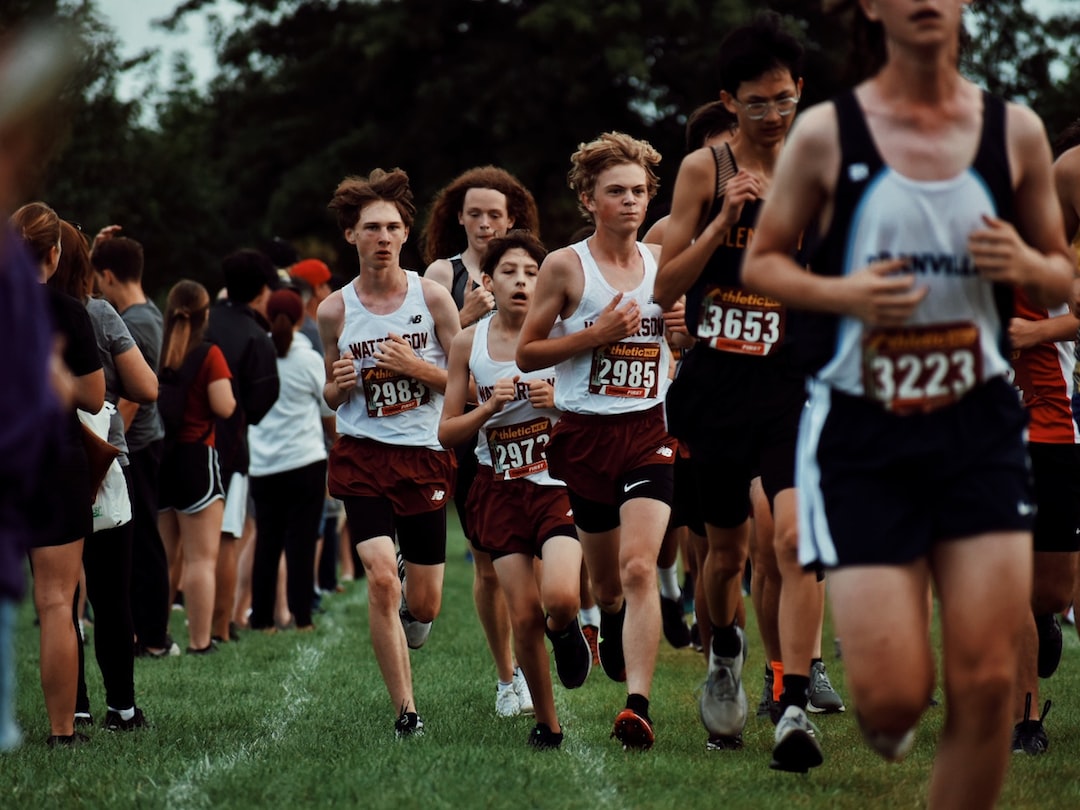The Importance of Proper Hydration in Athletics
When it comes to sports, athletes and coaches are constantly talking about the importance of training, nutrition, and rest. However, one vital aspect of athletic performance often goes overlooked – proper hydration. Staying hydrated is not just about quenching your thirst; it plays a crucial role in your overall athletic performance and well-being. In this blog post, we will discuss the significant role of hydration in sports and why it should never be underestimated.
First and foremost, adequate hydration is essential for maintaining optimal physical and mental performance during any athletic activity. When you are dehydrated, your body’s ability to regulate temperature is compromised, which can lead to overheating and decreased endurance. This is especially critical in endurance sports such as long-distance running or cycling, where maintaining a consistent body temperature is crucial for success. By staying hydrated, you can help prevent early fatigue and perform at your best for a more extended period.
Moreover, proper hydration is vital for preventing injuries. When your body lacks fluids, your muscles and joints become more vulnerable to strains, cramps, and sprains. Dehydration can hinder your coordination, reduce your reaction time, and impair your balance. These factors significantly increase the risk of accidents and injuries during athletic activities. By ensuring you are well-hydrated before, during, and after exercise, you can minimize potential injuries and enhance your overall athletic performance.
Another often overlooked aspect is the impact of hydration on cognitive function. Dehydration can impair focus, concentration, and decision-making abilities, affecting your sports performance. Whether you’re strategizing during a game or making quick decisions, your mind needs to be sharp and alert. Even mild dehydration can have a negative impact on cognitive performance. By keeping hydrated, you are maintaining not only physical but also mental clarity, helping you make better decisions on the field or court.
Additionally, proper hydration plays a key role in optimal recovery after an intense workout or competition. During exercise, your body loses fluids through sweat, and it is essential to replenish these losses. Water is responsible for transporting key nutrients to your muscles, aiding in their recovery and repair. Proper hydration also ensures efficient removal of waste products from your body, reducing the risk of post-workout muscle soreness and fatigue. By refueling your body with fluids, you are providing it with the necessary resources to bounce back stronger and faster, allowing you to perform better in subsequent workouts or competitions.
Lastly, it is crucial to be aware that different athletes have different hydration needs. Factors such as body weight, body composition, activity level, and environmental conditions influence the amount of fluid an athlete needs to consume. It is recommended to consume water before, during, and after exercise, and in some cases, sports drinks can be beneficial due to their electrolyte content. Consultation with a sports nutritionist or a dietitian can help you determine your specific hydration needs based on your individual requirements and goals.
In conclusion, proper hydration is not something to be neglected in the world of athletics. It is a critical component for optimal performance, injury prevention, cognitive function, and recovery. Athletes should prioritize their hydration needs, ensuring they consume adequate fluids tailored to their activity level and body composition. Remember, staying hydrated is not just for quenching your thirst; it is for unlocking your full potential as an athlete.
